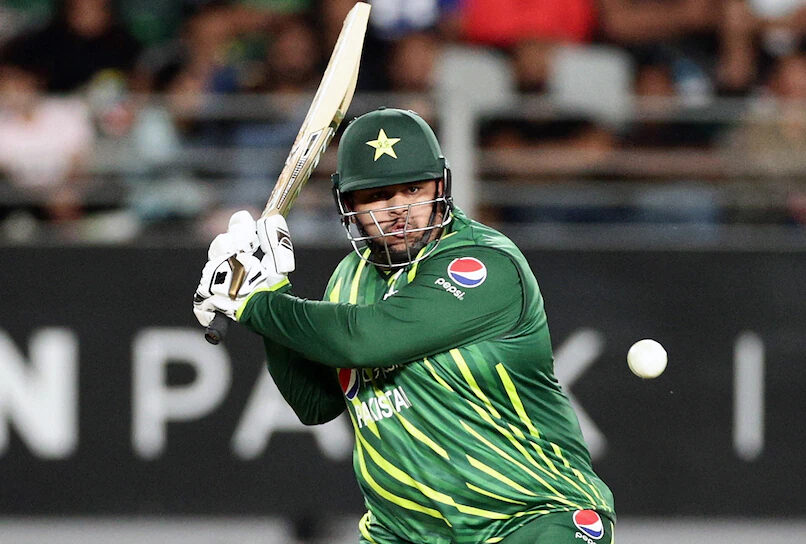Shahid Afridi’s concerns regarding Azam Khan’s physical condition and his performance in T20 Internationals bring attention to the critical aspects of readiness and suitability for international cricket. Despite Azam Khan’s decent showing in the 2024 PSL where he exhibited a strong strike rate and scored valuable runs, his T20I record suggests room for improvement.
Afridi’s emphasis on fitness in cricket is understandable, as maintaining physical condition is crucial for performing at the highest level consistently. Additionally, doubts about Azam Khan’s wicketkeeping capabilities, especially under specific playing conditions like those in the West Indies, add another layer of concern regarding his readiness for international cricket.
Indeed the balance between talent physical fitness, and mental readiness is crucial for any international cricket team. Azam Khan’s recent struggles highlight the complexities involved in nurturing players for elite-level competition. It’s not just about skill it’s about holistic development and resilience.
For Pakistan, addressing these concerns ahead of the T20 World Cup is paramount. They’ll likely need to assess Azam Khan’s fitness regimen, work on his mental fortitude, and provide him with the necessary support structures. Additionally, selectors may need to consider alternative options or backup plans in case his form doesn’t improve.
Ultimately, the success of the team depends on how effectively they can integrate talent with preparation. It’s a challenge, but with the right strategies and support systems in place Pakistan can navigate through it and put forth a competitive squad for the T20 World Cup.
Afridi’s clarification demonstrates a nuanced approach to addressing concerns within the team. By emphasizing the importance of enhanced fitness without demoralizing the players, he’s highlighting a constructive way forward. It’s crucial for players to feel supported and motivated, especially in the lead-up to a major tournament like the T20 World Cup.
Overall, Afridi’s stance reflects a balanced approach that prioritizes the team’s well-being while also acknowledging the need for improvement. It sets a tone of encouragement and solidarity, which can be instrumental in the team’s journey towards success in the T20 World Cup.
